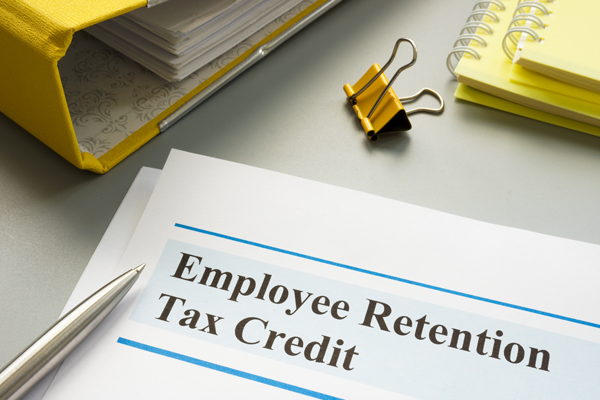 The IRS recently announced that it is pausing acceptance of new Employee Retention Credit submissions through at least the end of the year. The reason for this pause is to prevent fraud and manage the backlog of nearly 600,000 pending applications. Unfortunately, the ERC has been targeted by less than reputable companies and the IRS is seeing some fraudulent applications. This is why WRA is working with Adesso Capital—an established, reputable, vetted company that many other state restaurant associations are working with as well. Adesso's experts are well-versed with all aspects of the ERC and specialize in working with restaurants. So far Adesso has helped Wisconsin restaurants claim nearly $12 million in ERC dollars through our partnership. What Does This Pause Mean for Restaurants?
0 Comments
 Over the last few years, as food, labor and property costs have increased, a new trend has emerged to help offset the cost of accepting credit cards called Surcharging. By now, you might have experienced this practice in restaurants and retail stores, but there still lies confusion around the Surcharging rules and who enforces them. In the State of Wisconsin, it is legal to charge a surcharge to credit cards as long as the customer is notified in writing prior to checking out. It is against card brand rules to add a surcharge to sales completed by debit card, regardless of using the debit card or credit card network. You must also apply the same surcharge amount to all cards and cannot offer a cash discount in conjunction with surcharging. In short, it must be one or the other across the board. What changed? Starting April 15, 2023, Visa imposed a maximum of 3% surcharge rule for all credit cards to help recoup some or all of the card processing costs. Visa’s decision to reduce this from 4% to 3% is due in part to an increase in surcharge related violations and confusion around the rules. What would happen if we chose not to follow card brand rules? Visa employs secret shoppers as well as a public facing document for violation reporting. If caught, a cease and desist letter is sent, followed by fines up to $10,000 PER OCCURENCE. If the business or business owner continually repeats the offense, Visa can remove their ability to accept Visa cards permanently. What actions do you need to take? If you are currently surcharging, ensure your point of sale can detect debit vs credit cards so that a surcharge is not mistakenly added to a debit card. Also, ensure that your surcharge does not exceed 3% to the customer. Finally, update your in store and/or menu signage to reflect this change and create transparency for the customer. Special thanks to Heartland Payment Systems for providing this information. Questions? Email or call the AskWRA Team at 608.270.9950 On occasion the Department of Revenue's Alcohol and Tobacco Enforcement Unit confiscates contraband alcohol beverages. The DOR is authorized to sell the confiscated product to the highest bidder. Many times, bottles sell well below wholesale price.
This sale consists of 2,561 bottles of Taxed Intoxicating Liquor. Bids for the entire lot will be accepted from either a wholesale permittee or persons licensed to sell wine at retail (Class A or B Liquor License). Items within the lot may NOT be bid on separately. Sealed bids must be received at 819 N. 6th St., Room 408, Milwaukee, WI no later than September 25, 2023. Bid opening at 9:00 am on September 26th, 2023. Successful bidder must pick up product by October 20, 2023. |
Archive
July 2024
Categories |
|
©Copyright Wisconsin Restaurant Association. All Rights Reserved.
2801 Fish Hatchery Rd | Madison, WI 53713 Tel: 608.270.9950 | [email protected] | sitemap | terms | privacy |



 RSS Feed
RSS Feed
